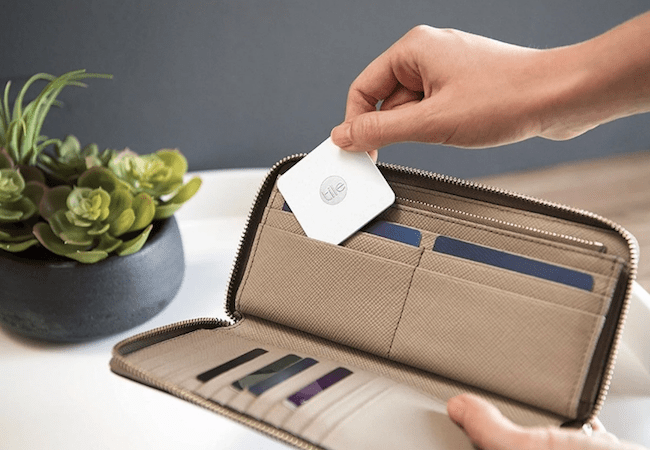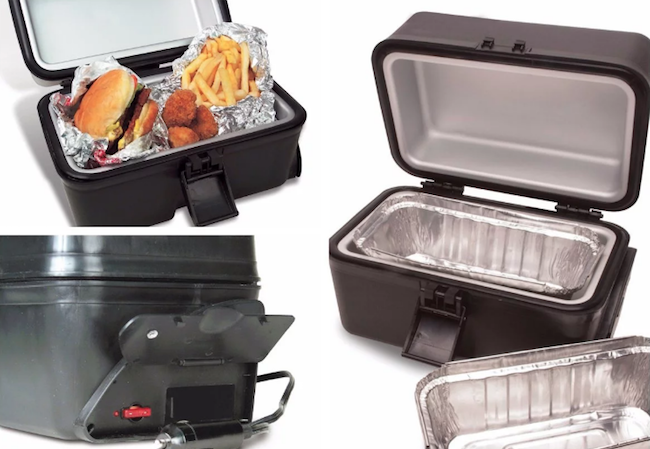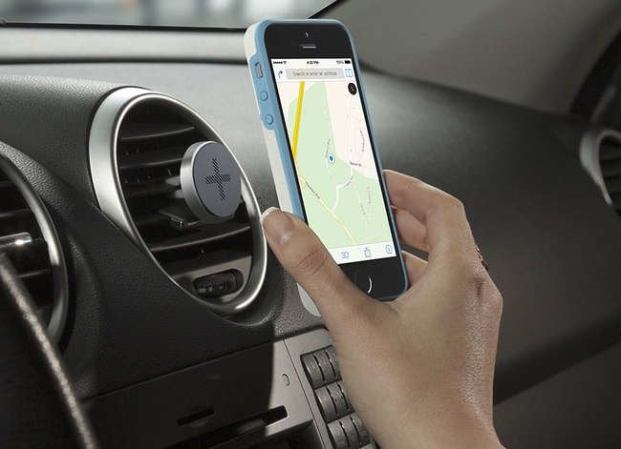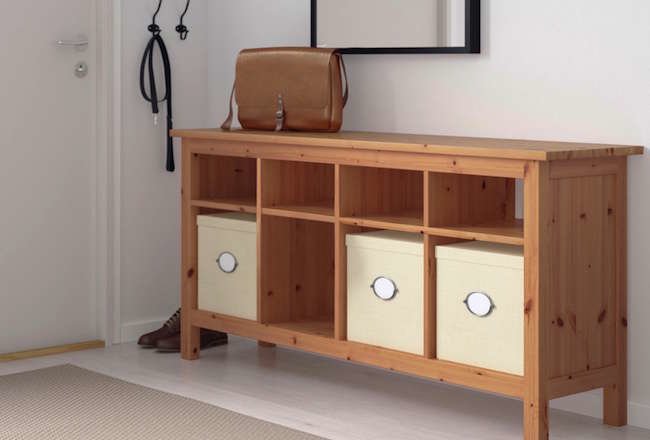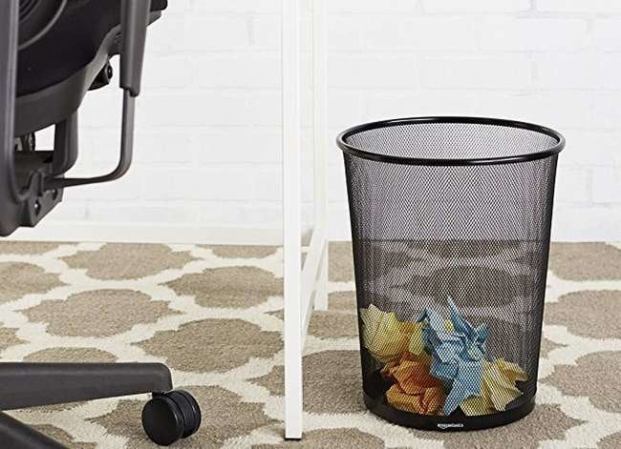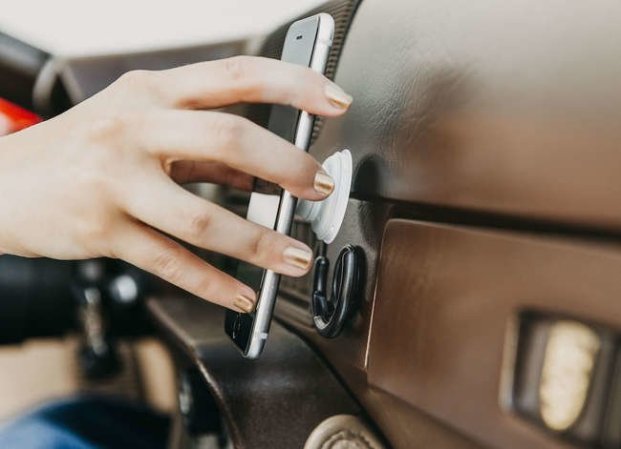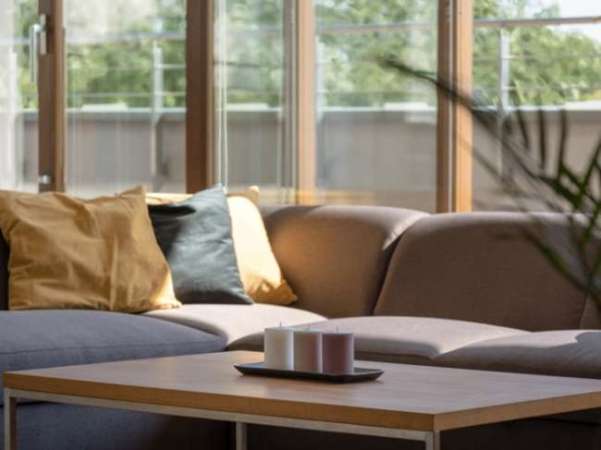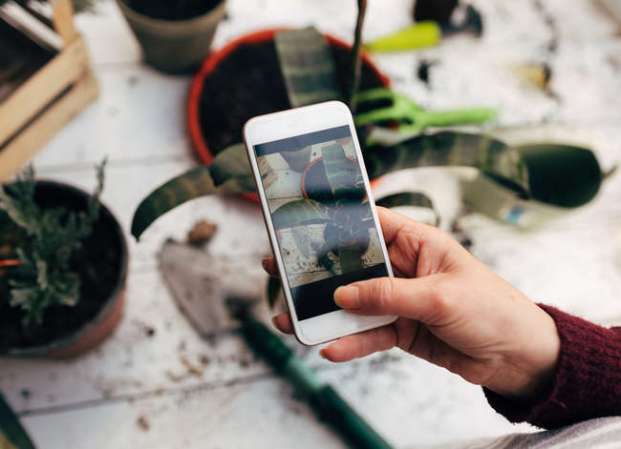We may earn revenue from the products available on this page and participate in affiliate programs. Learn More ›
Carry on in Comfort
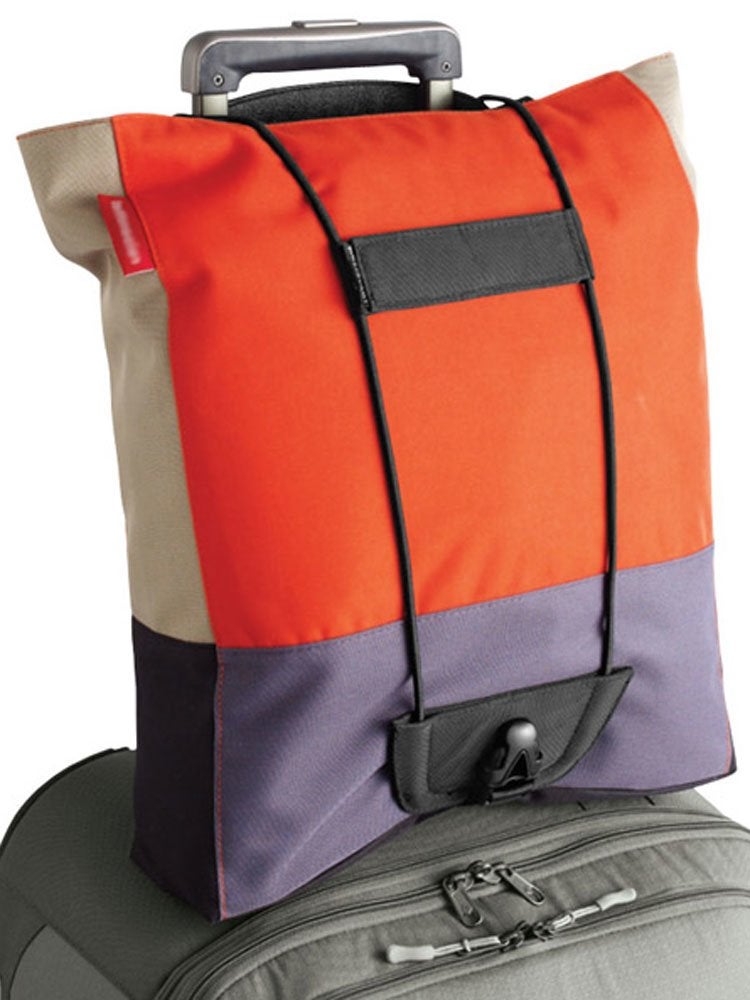
Perhaps the worst part of plane travel: navigating through a busy airport while juggling a carry-on bag, personal item, jacket, and more. Ease the burden with the Travelon Bag Bungee. Simply attach the adjustable bungee to the top of the suitcase handle, then secure a smaller bag or another item on top. You’ll gain an extra free hand for checking your boarding pass, pulling out your cell phone, or buying a snack! Available at The Container Store; $14.99.
Related: 10 of the Most Genius Products from the Container Store
Keep It Clean
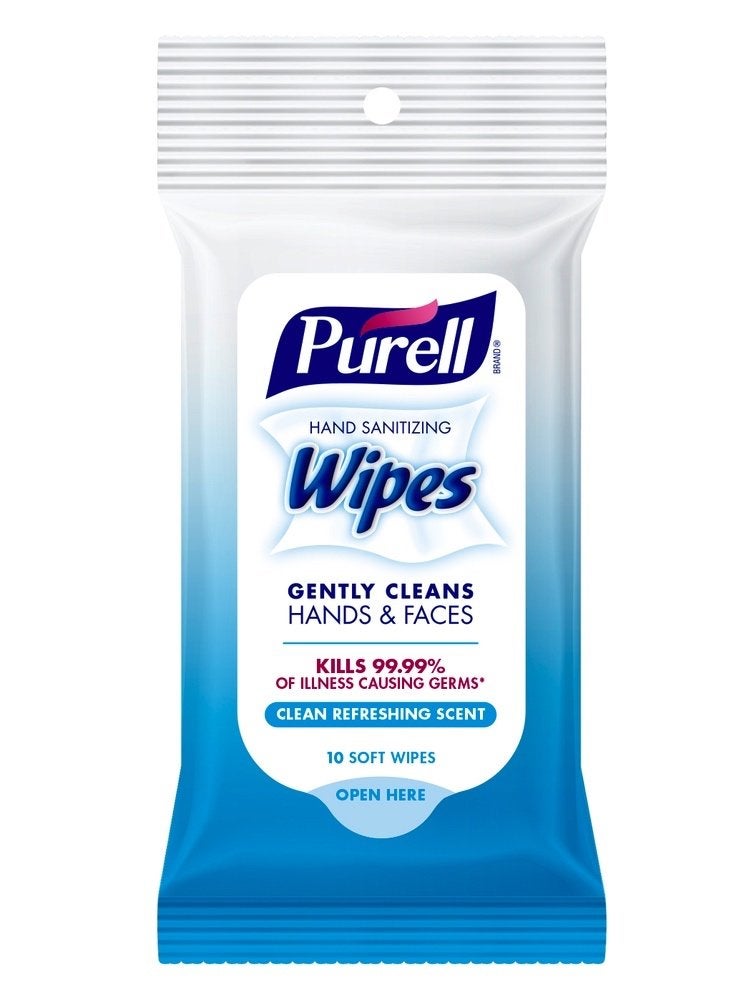
According to Time, airplane tray tables are the grimiest items on the airplane, with more than 2,000 colony-forming bacteria units per square inch—yuck! Don’t risk catching a nasty virus, and always bring a travel-sized pack of sanitizing wipes in your carry-on. These hand and face wipes from Purell, which kill 99.9% of illness-causing germs, are made without harsh chemicals. Available on Amazon; $9.88 for a case of six 15-count packs.
Related: 11 Ways to Flu-Proof Your Home
Never Lose Anything
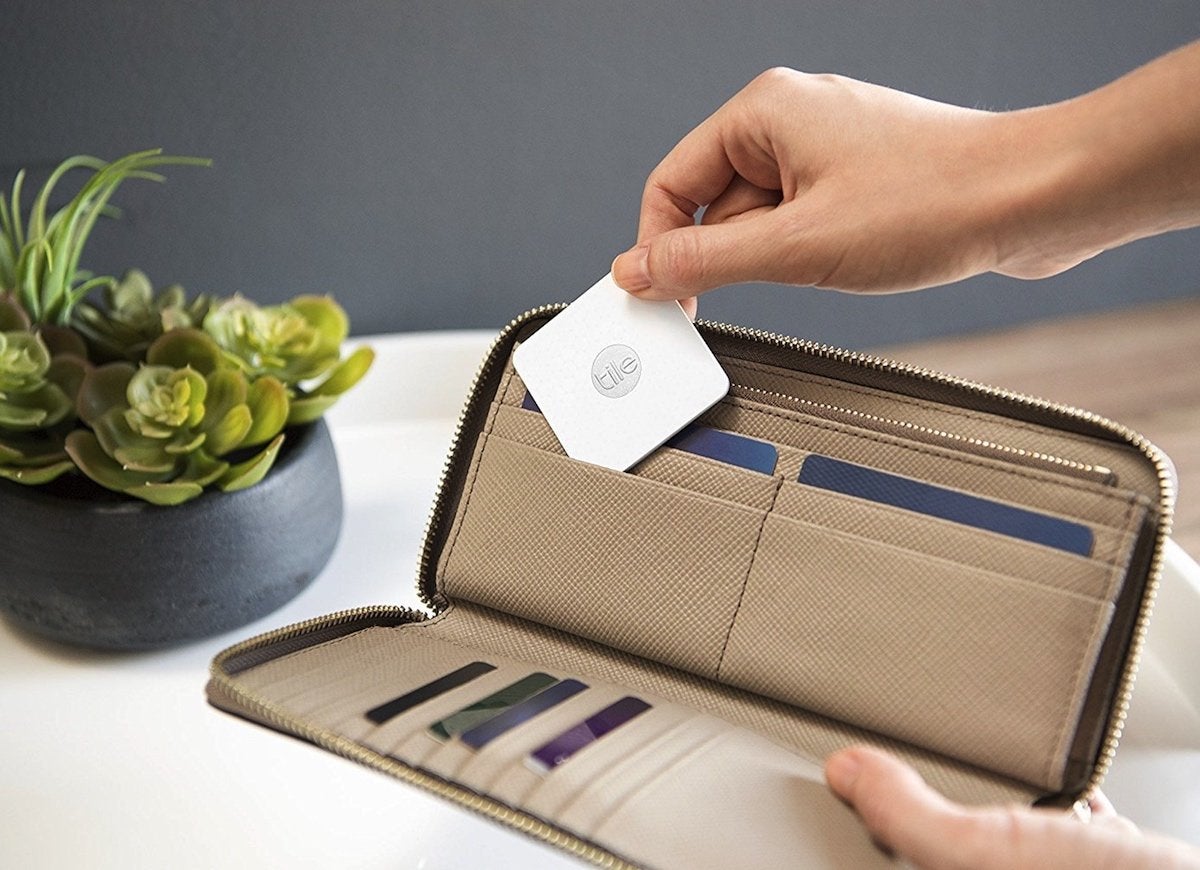
Immediately upon its release a few years ago, the original Tile tracker gained a large and devoted following. Why? Because by making it easy to locate lost items, the gadget cleverly addressed a universal, longstanding need. Now, Tile Slim carries the concept one step further, thanks to an ultra-thin design geared toward portability and all but endless versatility. The technology itself works as always it did: Simply slide the Tile Slim into your wallet or passport holder, and if the tracked item ever goes missing, you can look up its location on the accompanying smartphone app. No need to panic! Available at Amazon; $30.
Related: The 17 Coolest Gadgets We Saw on Kickstarter in 2017
Power Up
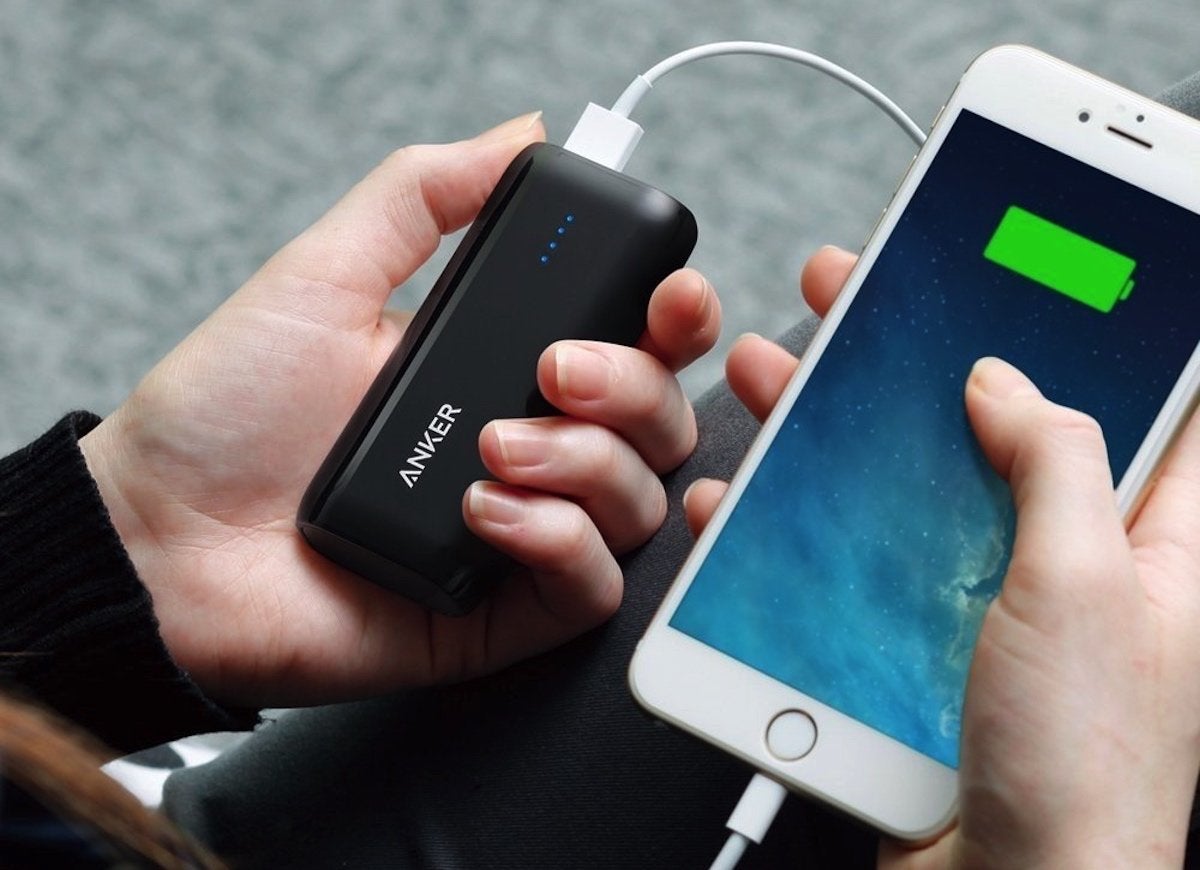
Everyday life provides plenty of reasons to keep your devices charged up and ready to go. But of course when you’re traveling, it’s especially inconvenient to run out of juice. For precisely that reason, recent years have witnessed portable power banks surge in popularity. The only problem? Precious few on-the-go chargers pack any real punch. The Anker Astro is as an exception. Despite being the size of a small candy bar, the device comes with a charging capacity of 6700mAh. Even better, it automatically detects and delivers the fastest possible charge speed for your phone or tablet. Available at Amazon; $17.99.
Related: 50 Great Gadgets for a Smarter Home
Better Blood Flow
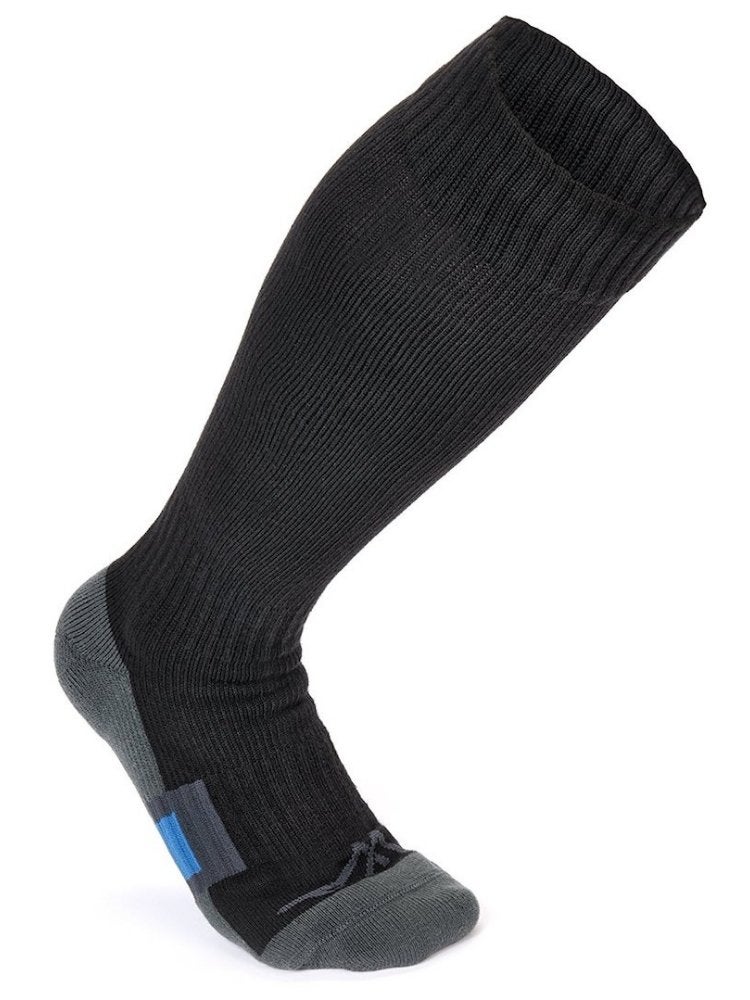
It’s no secret that leg room is hard to come by on airplanes. Cramped economy seating isn’t just uncomfortable, it’s also bad for your circulation. When you can’t stretch your legs to get blood flowing, your feet and ankles tend to swell. Rather than give in to discomfort, slip on a pair of Wanderlust Air Travel Compression Socks before take-off. The thoughtfully designed socks promote blood flow from the foot to the calf without putting painful pressure on the leg. The brand has created a loyal following for the comfy—and some may even say stylish—compression socks. Available on Amazon; $19.95.
Sound Off
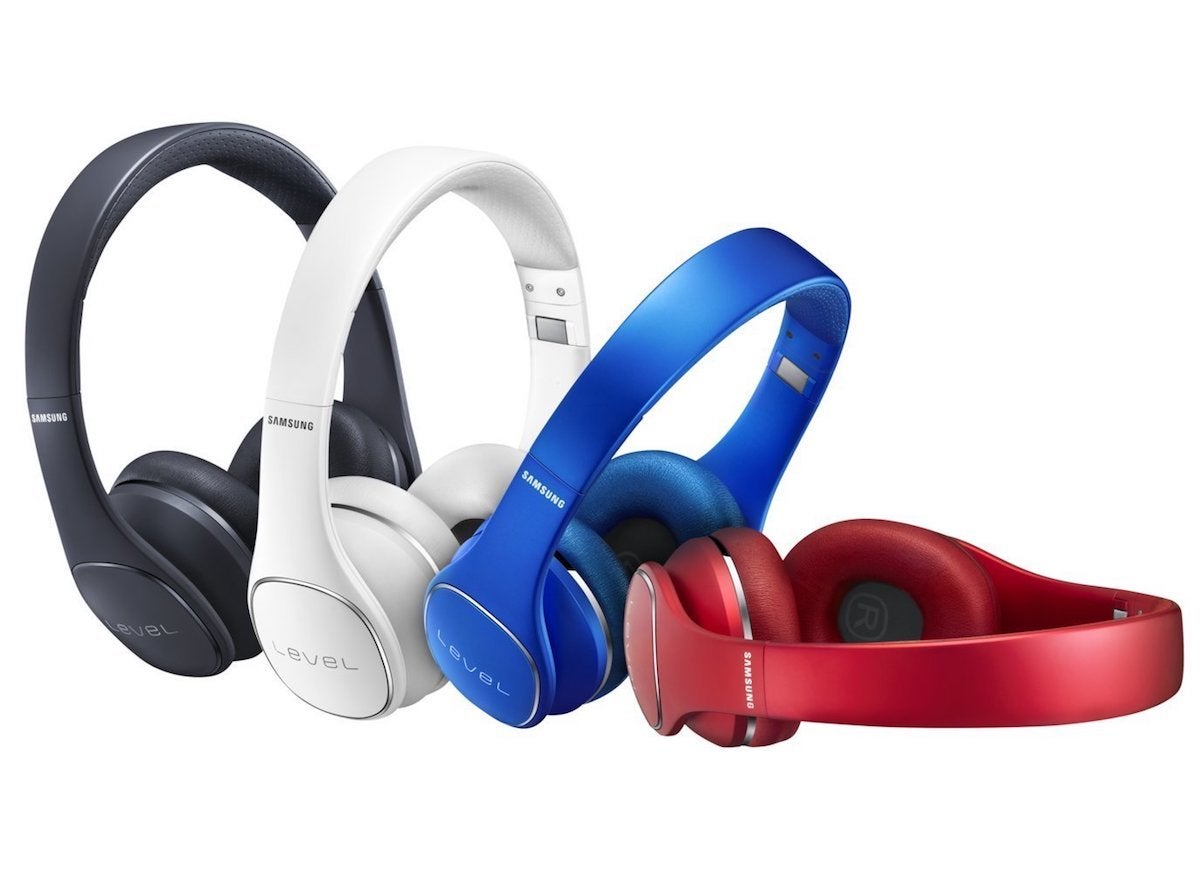
The free earbuds available on planes get the job done, but it’s true what they say about quality: You get what you pay for. When there’s a loud talker or crying baby on your flight, those low-quality earphones can’t drown out the noise—even when blasting at full volume. Rather than damage your ears, a safer and more comfortable solution would be to opt for noise-canceling headphones, like the Samsung Level On Wireless model, which deliver quality sound with the added bonus of Active Noise Cancellation. With the switch of a button, the headphones—while still playing your music or entertainment—can block any exterior noise you don’t want to hear. Available on Amazon; $99.95.
Related: Cheap Thrills: 15 Favorite Amazon Buys for Under $5
Drink on the Go
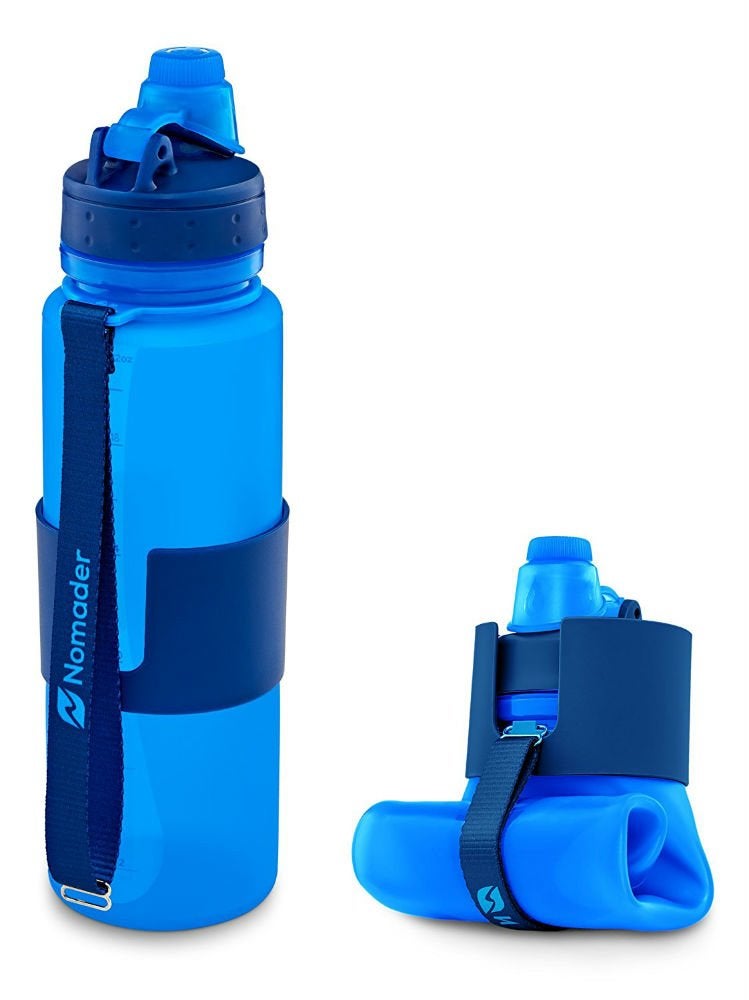
Don’t be the person who holds up the line at TSA because of a bottle of water containing more than 3.4 oz—but
don’t settle for inflated prices near the gate, either, where water can run you $5 for a bottle. This BPA-free plastic collapsible water bottle from Nomader (available in 11 colors) will save the day and pay for itself in less than five trips if you bring it to refill from an airport water fountain near the gate. Available on Amazon; $21.95.
Related: 10 As-Seen-on-TV Products That You Should Actually Buy
Separate Your Stuff
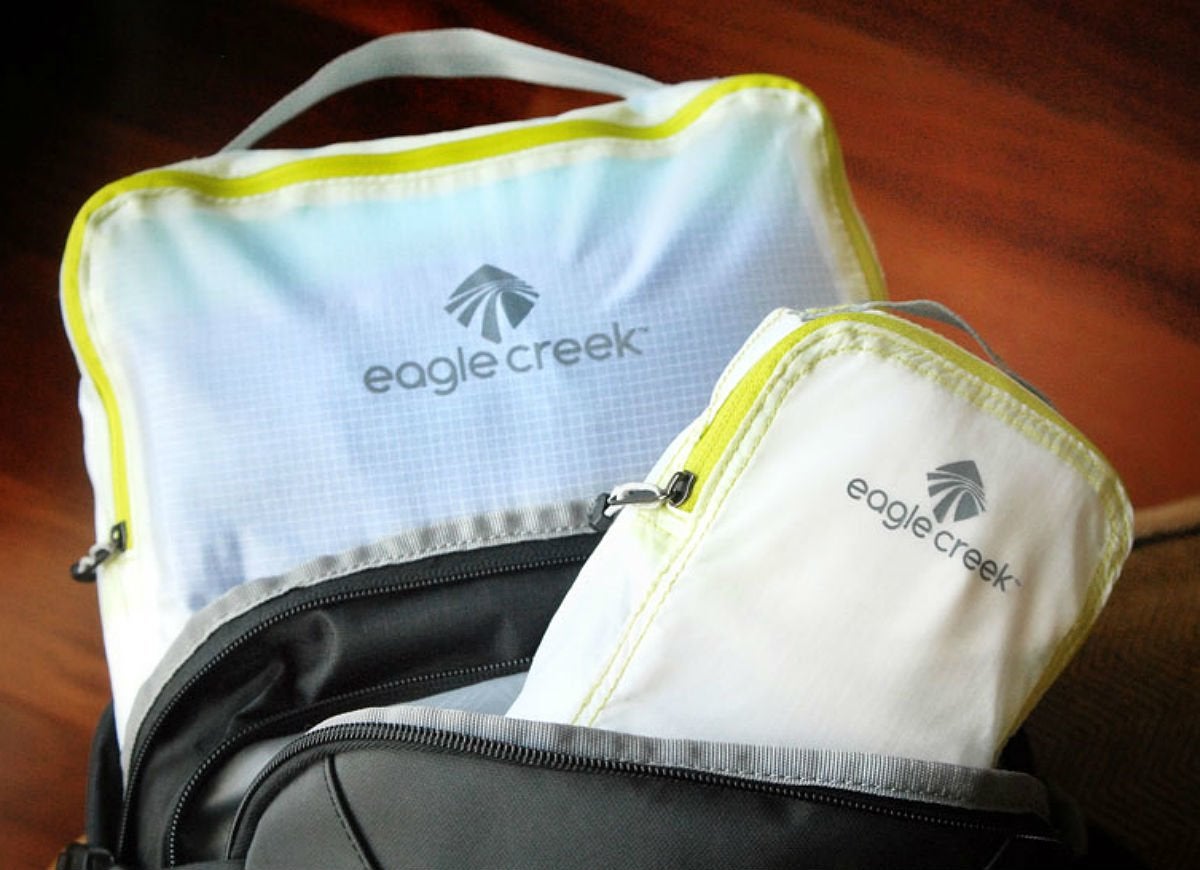
You know it’s smart to pack a change of clothes (or two) in your carry-on bag just in case the airline loses your checked bag and leaves you stranded without possessions for a few days. But if you dread the idea of digging through underwear next to your seatmate on the plane to look for your reading material, zip them up in a set of Eagle Creek Pack-It Cubes before you go. The pair of small (10″x7″x4″) and large (14″x10″x4″) cubes offer ample space for rolled t-shirts and underwear and—as part of the Specter Compression line—even feature an extra zipper to compress the bags so they take up even less room in your carry-on. Available on Amazon; $31.96 for set of one large and one small cube.
Doze in the Air
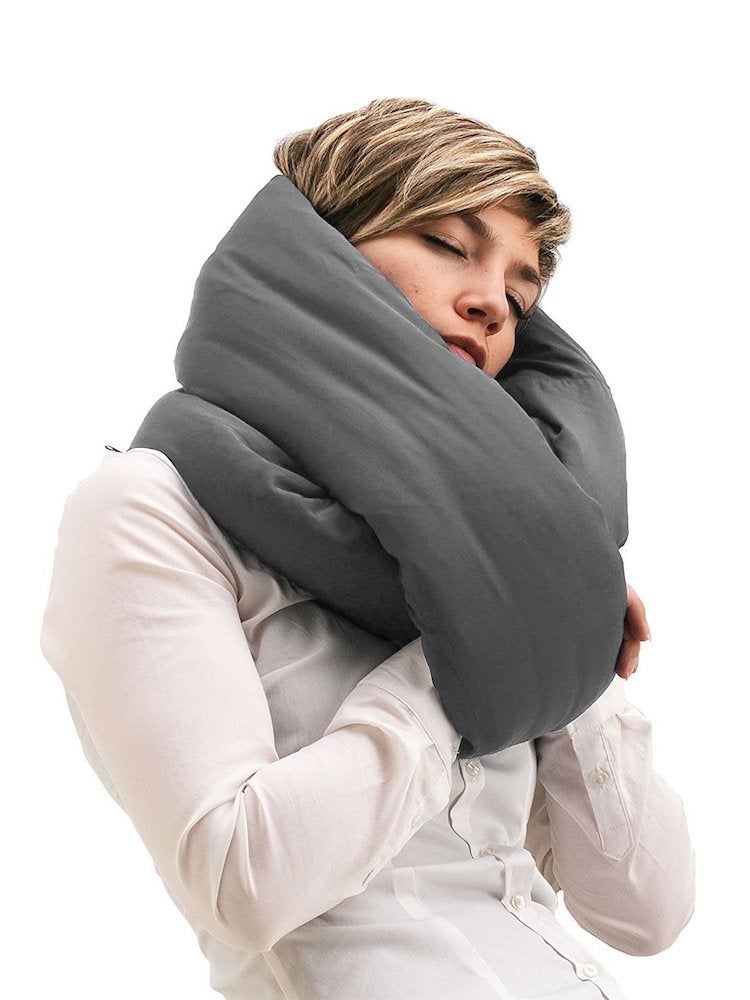
If you’ve ever dozed off on an airplane without a travel pillow, you probably know what it’s like to wake up with a cramp in your neck. Although using a travel pillow can help make you more comfortable, most compact-sized pillows are awkwardly shaped and don’t conform to the way we actually sleep. That’s where an innovative design, like the Huzi Infinity Pillow, comes in. When wrapped around a sleeper’s neck like a scarf, it provides a level of support and comfort that’s perfect for sleeping in a sitting position. Available on Amazon; $39.99.
Be Your Own Barista

Coffee snobs, take note. If the thought of trading a cup of single-source brew for a cup of airline coffee makes you sick, never fear. You can make your own shot of espresso wherever you go, if you carry your own beans and the MiniPresso Coffee Maker. The portable gadget can fit in your carry-on luggage and, when assembled at your seat, can be used to make a quick cuppa. Instead of asking the flight attendant for a cup of coffee, request hot water, add to your coffee maker. And presto! Available on Amazon; $64.99.
Flying High
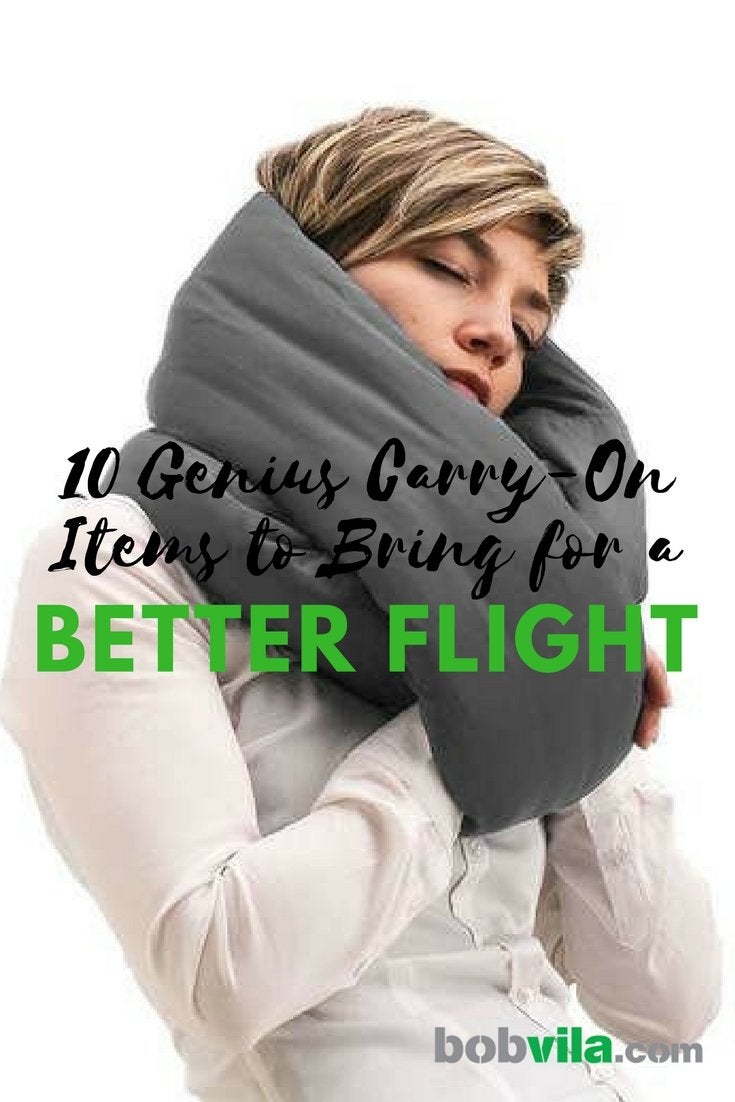
You might not be sitting in first class, but with these items on hand, you’re in for a much better traveling experience.
